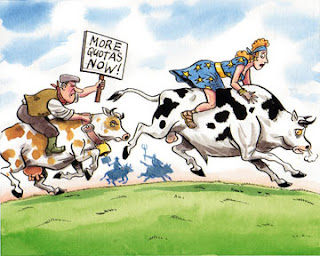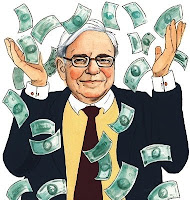In America, a lot of homeowners aren't able to pay back their mortgages. Although the housing market has been crashed, the prices of the houses are very high compared with 10 to 15 years ago. Many of the borrowers don't have to pay back a fixed amount to the bank, but the loan depends on the increase in the value of the house. More than 300 homeowners have been united and they now sue Barclays and Bank of Scotland for selling such risk-bearing mortgages.
Thomas De Coninck
http://business.timesonline.co.uk/tol/business/law/article6863171.ece



























